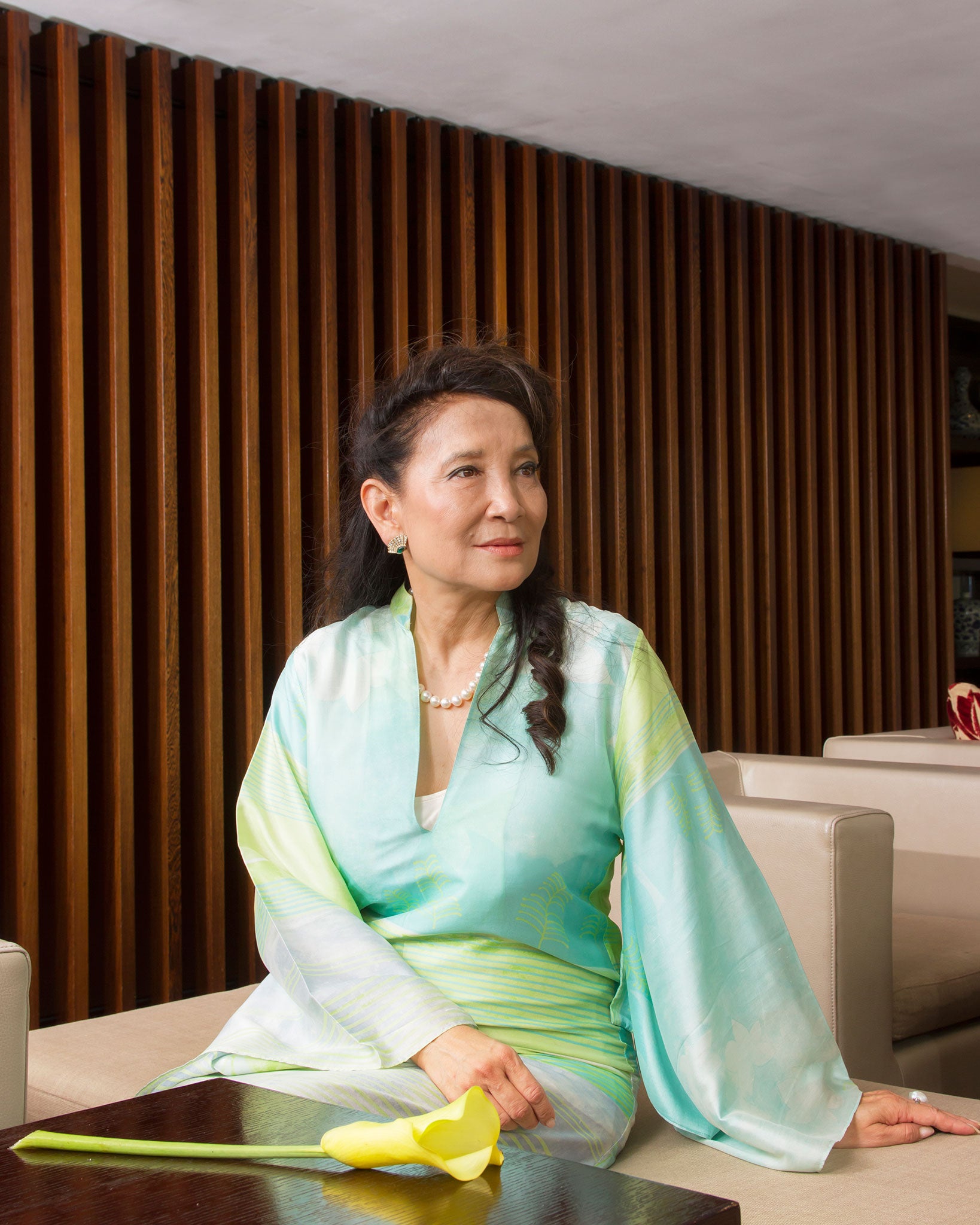Jung Chang: The author of 'Wild Swans' on ruthless empresses, English pubs, and why email monitoring is nothing new to her

In Wild Swans, you speak about being encouraged to inform on people from a young age. How did that culture leave its mark on you?
I'm cautious of people. But when I was in China, I saw people take tremendous risks not to inform on others. You make real friends: friends who are life and death. And, of course, I have more understanding when I encounter treachery and meanness. I sort of take it in my stride.
If you could write to the 12-year-old you, what would you say?
I think she did pretty good. The moment I caught a real glimpse of what Maoism was like in the Cultural Revolution, I rejected it. When my parents became victims, I was ready to do anything for them, to die. So I feel I would say to my 12-year-old self, "Well done".
Does the monitoring of communications in the West concern you?
Not me personally, because I know I'm under Chinese government surveillance so I assume all my emails and postcards are read and my telephone calls to my mother in China are listened to. That has been built into my system. From that background, I don't feel as startled as the general British public. But, of course, I fully sympathise with the desire to preserve liberty and privacy.
If you visit China today, there are Starbucks and McDonald's on every street. Yet Wild Swans is still banned. Do you see that changing in your lifetime?
No. I am rather pessimistic. I think I probably won't see the publication of Wild Swans and particularly Mao: The Unknown Story, and probably even the Empress Dowager. I am banned as an author. But I live in hope, my latest book is being published in Chinese in Taiwan this summer.
Did you get a sense of knowing Empress Dowager Cixi?
I got to know her very well. Her main achievement was to bring China into a modern society and she had many qualities. She was ruthless: when someone took up armed rebellion, she would crush them. Then she had a wide range of interests: she loved horticulture, she bred dogs, tamed birds and was an accomplished painter.
You travelled from China to Yorkshire, via London, in 1978. That must have been a big culture shock?
I love York, I was there yesterday. I went to my room where I stayed and looked out the window over the lake. Every morning I was woken up by water birds. I had a wonderful time there: I learnt far more than linguistics.
Do you remember when your mind-set shifted?
I remember the day I went to see my supervisor to discuss my PhD proposal. I babbled on and then he said, "Now show me your thesis". And I said, "What are you talking about? I haven't started yet". And he said, "But you have all the conclusions". It was as if that single question undid the knot that had been fixed by my totalitarian education.
Did you live the student life?
Yes, I was particularly keen on pubs. When I first came to London, we were warned against going into an English pub. The Chinese translation suggested somewhere indecent, with nude women gyrating. I was torn with curiosity, of course. One night I sneaked out of my college, darted across the road and into the pub and I saw nothing of the kind. I was really rather disappointed.
Biography
Jung Chang, 62, was born in Sichuan, China, three years after Mao took power. She wrote about her upbringing in ‘Wild Swans’, the third bestselling novel of all time. Her latest book, ‘Empress Dowager Cixi’, is out now in paperback
Join our commenting forum
Join thought-provoking conversations, follow other Independent readers and see their replies
Comments